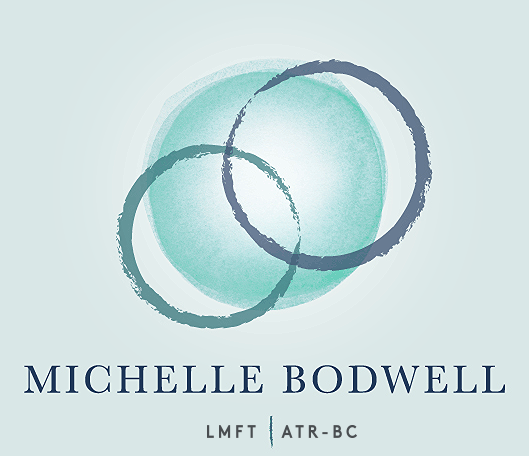“We are what we repeatedly do. Excellence, therefore, is not an act but a habit.” Aristotle
Excellence is not about being without error, but rather being our best self, the person that we are meant to be. Often times, our choices or habits, shroud our true identity and cause us to be our less-than-better-selves. Consequently, our lives add up to a series of habits, choices that we make, and behaviors that we do. We all have habits or behaviors that we’d like to change:
- staying in a relationship or situation that isn’t healthy
- not advocating for ourselves
- being over committed
- lacking self-discipline with food, money, exercise, etc.
Changing a habit or behavior can be difficult, but not impossible. It takes desire, self-discipline, and commitment. We often try to make changes, only to quickly fall back into old patterns. However, if we take some advice from Aristotle, excellence or rather the success of reaching our desired behavior, is only a new habit away. Making a habit change has several stages: self-awareness, making a plan, working the plan, and maintaining the new behavior. Having a trusted companion, like a therapist, can provide a source of accountability, encouragement and support in making habit or life changes that last. So what's standing in the way of you being your best self?
